Home Security Tips for the Elderly
As we age, ensuring our living spaces are safe and secure becomes increasingly important. Home security isn't just about protecting belongings; it's about creating a sanctuary where one can feel safe and at ease. For elderly individuals, the challenges can be unique, but with the right strategies, they can significantly enhance their home security. In this article, we will explore practical tips that cater specifically to the needs of seniors, helping them safeguard their homes and enjoy peace of mind.
Before diving into security measures, it's essential to assess the vulnerabilities in a home. Many elderly individuals may not realize that their living environment can be a target for intruders. Common vulnerabilities include:
- Weak Entry Points: Doors and windows that are not properly secured can be an easy entry for burglars.
- Poor Lighting: Dark areas around the house can provide cover for unwanted visitors.
- Lack of Security Systems: Homes without alarms or surveillance cameras can be more appealing to thieves.
To effectively evaluate these vulnerabilities, consider walking through the home and identifying any areas that seem less secure. Ask yourself questions like, "Are my doors sturdy enough?" or "Can someone easily reach my windows?" By pinpointing these weaknesses, you can take proactive steps to bolster your home’s defenses.
One of the most critical aspects of home security is having a reliable locking system. For elderly residents, choosing the right locks can make a world of difference. There are various types of locks available, each with its own benefits. In this section, we will explore both smart locks and traditional locks, helping you determine which option is best suited for your needs.
Smart locks are becoming increasingly popular due to their convenience and advanced features. These locks allow for keyless entry, which can be particularly beneficial for seniors who may struggle with traditional keys. Imagine being able to unlock your door with just a tap on your smartphone! Smart locks also offer remote access, meaning you can monitor who enters and exits your home, providing an extra layer of security.
When it comes to installing smart locks, proper installation is crucial. Ensure that the lock is compatible with your door and that it is installed by a professional if you’re unsure. Consider factors such as:
- Compatibility with existing door hardware
- Ease of use for elderly residents
- Battery life and maintenance requirements
By addressing these points, you can ensure that your smart lock functions effectively and securely.
Regular maintenance is key to keeping smart locks in top shape. Here are some simple tips for seniors:
- Check the batteries regularly and replace them as needed.
- Keep the locking mechanism clean and free from debris.
- Update the software and security features as recommended by the manufacturer.
By following these maintenance tips, you can ensure that your smart lock remains a reliable part of your home security system.
Despite the rise of technology, traditional locks still hold a place in home security. They are often more straightforward and can be less intimidating for seniors who may not be comfortable with smart technology. However, it's essential to weigh the advantages and disadvantages:
| Advantages | Disadvantages |
|---|---|
| Familiarity and ease of use | Can be picked or bumped |
| Less expensive | Requires physical keys, which can be lost |
Ultimately, the choice between smart locks and traditional locks will depend on the individual's comfort level and specific security needs.
Installing a security alarm system can be a game-changer for elderly individuals. Alarm systems not only deter intruders but also alert authorities in case of a break-in. There are various types of alarm systems available, and understanding your options is key to making an informed decision.
When selecting an alarm system, consider the different monitoring options available. You can choose between:
- Self-Monitored Systems: These allow you to monitor your home through your smartphone.
- Professionally Monitored Systems: These systems alert a monitoring center that can dispatch help if needed.
For many seniors, a professionally monitored system may provide additional peace of mind, ensuring that help is always just a call away.
Emergency response features are vital for elderly safety. Many modern alarm systems come equipped with panic buttons or medical alert systems that can be activated in case of an emergency. This feature ensures that help can be summoned quickly, providing an invaluable sense of security for seniors living alone.
1. What should I do if I feel unsafe at home?
If you ever feel unsafe, it’s essential to reach out to local authorities or a trusted neighbor. Consider improving your home security measures as outlined in this article.
2. Are smart locks difficult to use for seniors?
Many smart locks are designed with user-friendliness in mind. However, it’s important to choose a model that is easy to operate and to provide adequate training on how to use it.
3. How often should I check my home security systems?
Regular checks are recommended—at least once a month—to ensure everything is functioning correctly and to replace batteries as needed.

Assessing Vulnerabilities
This article provides essential home security tips tailored for elderly individuals, focusing on practical measures to enhance safety and peace of mind in their living environments.
When it comes to home security, the first step is identifying vulnerabilities. Just like a fortress, your home needs to be fortified against potential threats. For elderly individuals, this process is even more critical, as they may be more susceptible to risks. Start by walking through your home and asking yourself some important questions: Are there any areas that are poorly lit? Do you have locks on all doors and windows? Is there a clear view of your front door from inside? These simple inquiries can help pinpoint weak spots that could be exploited by intruders.
Common vulnerabilities often include:
- Inadequate lighting around entry points.
- Unlocked or easily accessible windows.
- Poor visibility of the front door from inside the home.
- Overgrown shrubs or trees that can hide intruders.
- Outdated or malfunctioning locks.
Once you've identified these potential weaknesses, it’s time to take action. For instance, installing motion-sensor lights can dramatically improve visibility around entryways, making it harder for someone to approach unnoticed. Similarly, trimming back any overgrown foliage will eliminate hiding spots, giving you better sightlines and increasing your sense of security.
Another key aspect of assessing vulnerabilities is understanding the layout of your home. If you live in a multi-story house, consider how easily someone could access upper floors. Are there balconies or windows that could be compromised? If so, reinforcing these areas with additional locks or security bars may be necessary. It’s all about creating a layered defense that makes it difficult for anyone to gain unauthorized access.
Moreover, don’t forget to consider the external environment surrounding your home. Are there nearby houses that are vacant or poorly maintained? Such properties can attract unwanted attention and may serve as a base for potential intruders. Engaging with your neighbors can foster a sense of community vigilance, where everyone looks out for one another, thereby enhancing overall security.
Finally, it’s wise to conduct regular assessments of your home’s security. Just like you would get a check-up at the doctor’s office, your home needs a security check-up too. This can be done annually or bi-annually, depending on your comfort level and any changes in your living situation. By routinely evaluating your home’s vulnerabilities, you can stay one step ahead and ensure that your living environment remains safe and secure.
A reliable locking system is fundamental for home security. Here, we explore various types of locks and how to choose the best options for elderly residents.
Smart locks offer convenience and security. This subsection examines the benefits of smart locks, including remote access and keyless entry, particularly for seniors.
Proper installation of smart locks is essential for functionality. We outline key factors to consider when installing these systems in elderly homes.
Regular maintenance ensures smart locks function correctly. This section provides tips for elderly individuals to maintain their locking systems effectively.
Despite the rise of technology, traditional locks remain popular. This part discusses the advantages and disadvantages of conventional locking mechanisms for seniors.
Alarm systems can deter intruders and alert authorities. This section highlights the different types of alarm systems suitable for elderly individuals and their specific needs.
Monitoring options vary from self-monitored to professionally monitored systems. Here, we guide seniors in selecting the best monitoring option for their lifestyle.
Emergency response features are vital for elderly safety. This subsection discusses how these features work and their importance in ensuring quick assistance during emergencies.
Q: What should I do if I feel unsafe in my home?
A: Consider enhancing your home security by installing better locks, alarm systems, and improving outdoor lighting. Don't hesitate to reach out to local law enforcement for advice on safety measures.
Q: Are smart locks safe for elderly individuals?
A: Yes, smart locks can be very safe, especially when they offer features like remote access and alerts. However, it's important to ensure they are installed properly and maintained regularly.
Q: How often should I check my home security?
A: It's recommended to conduct a thorough security assessment at least once a year, or more frequently if there are changes in your living situation or neighborhood.
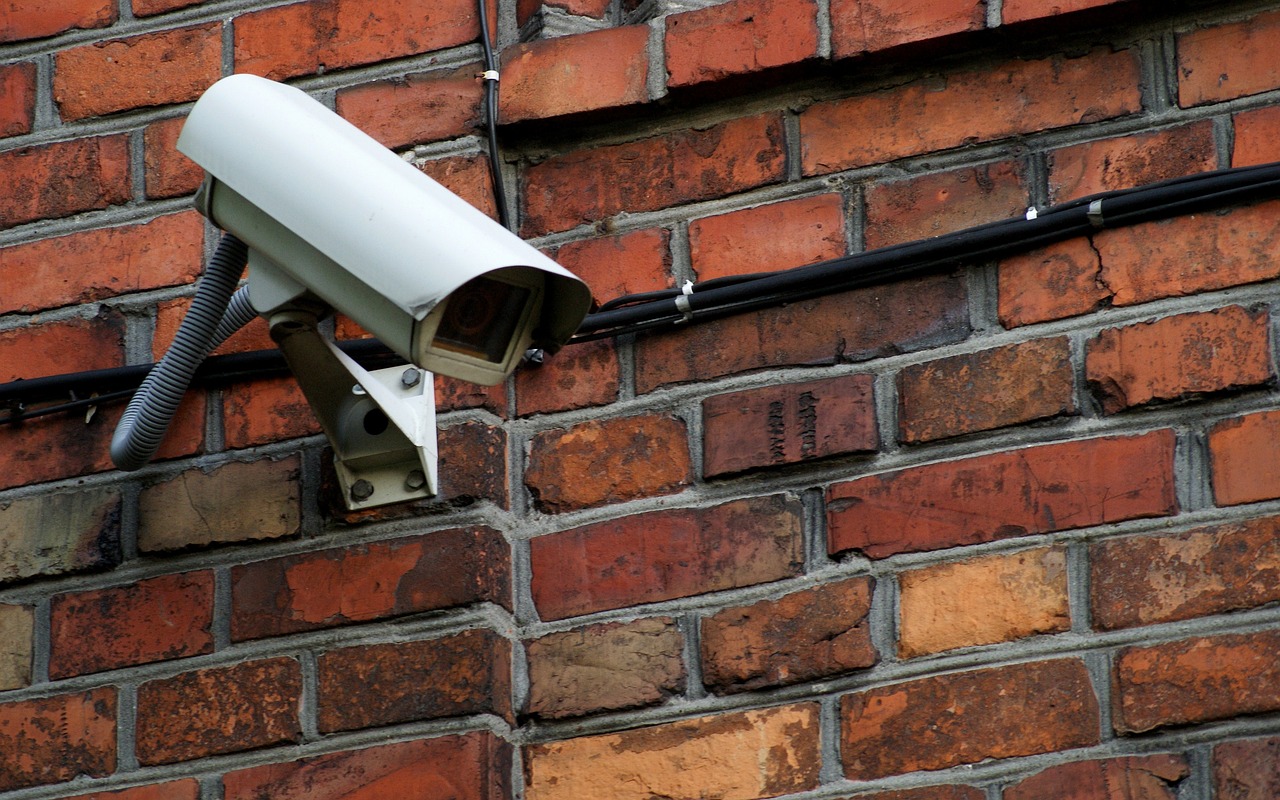
Effective Locking Systems
When it comes to home security, having an effective locking system is like having a sturdy shield protecting your castle. For elderly individuals, the right locks can make a world of difference in feeling safe and secure in their own homes. It's essential to understand the various types of locks available and how to choose the best options tailored to their unique needs. After all, a lock isn't just a piece of metal; it's a barrier against potential threats, giving peace of mind and allowing seniors to live independently.
First off, let's dive into the world of smart locks. These modern marvels offer a blend of convenience and security that traditional locks often can't match. Imagine being able to lock or unlock your door from anywhere using your smartphone! This feature is particularly beneficial for seniors who may have mobility challenges or simply want to avoid fumbling with keys. Additionally, smart locks often come equipped with features like temporary access codes, allowing family members or caregivers to enter without needing a physical key. This can be a game-changer for those who want to maintain their independence while ensuring help is just a code away.
Smart locks are not just about convenience; they also enhance security. Many models come with built-in alarms that alert homeowners if someone attempts to tamper with the lock. Furthermore, these locks can often integrate with home security systems, providing a comprehensive approach to safety. For elderly individuals, this means having multiple layers of protection, which can be incredibly reassuring. However, it's crucial to consider the installation of smart locks, as improper setup can lead to vulnerabilities. Ensuring that the lock is installed correctly can make all the difference in its effectiveness.
When installing smart locks, it’s important to think about the door's condition and the type of lock being replaced. For instance, if the door is old or damaged, it may require repairs before a smart lock can be installed. Additionally, seniors should consider whether they need assistance with installation. Many companies offer professional installation services, which can be a wise investment for those who are not tech-savvy or physically able to handle the installation themselves. Remember, a lock is only as strong as its installation!
Just like any other device, smart locks require regular maintenance to function optimally. Here are a few tips for seniors to keep their locking systems in top shape:
- Regularly check the batteries if the lock is battery-operated. A low battery can lead to malfunction.
- Keep the locking mechanism clean and free from debris to prevent jamming.
- Update the software of the lock regularly to ensure the latest security features are in place.
By following these simple maintenance tips, elderly individuals can ensure their smart locks continue to provide reliable security for years to come.
While smart locks are gaining popularity, traditional locks still hold a significant place in home security. They are often seen as straightforward and reliable. For many seniors, the familiarity of a traditional deadbolt or knob lock can be comforting. However, it’s essential to weigh the advantages and disadvantages of these locks. On the plus side, they are generally easier to operate without needing any technology. On the downside, they may lack some of the advanced features that smart locks provide, such as alerts or remote access. The key is to find a balance that works for each individual's lifestyle and comfort level.
In conclusion, whether opting for high-tech smart locks or sticking with traditional ones, the goal remains the same: enhancing safety and providing peace of mind. By carefully assessing personal needs and vulnerabilities, elderly individuals can choose locking systems that not only protect their homes but also empower them to live independently and confidently.
Q: Are smart locks safe for elderly individuals?
A: Yes, smart locks can enhance safety by providing features like remote access and tamper alerts. However, it's crucial to choose a reputable brand and ensure proper installation.
Q: Can I still use a traditional key with a smart lock?
A: Many smart locks offer a backup key option, allowing users to unlock the door with a traditional key if needed.
Q: How often should I change my locks?
A: It's advisable to change your locks if you move into a new home or if you lose your keys. Regular maintenance is also essential to ensure locks function properly.

Smart Locks
In today's fast-paced world, have emerged as a game-changer in home security, especially for our elderly loved ones. Imagine a world where you can unlock your door with just a tap on your smartphone or a simple voice command. Sounds like something out of a sci-fi movie, right? But it's real, and it's here to make life easier and safer for seniors. Smart locks not only provide enhanced security but also offer unmatched convenience. With features like remote access and keyless entry, they eliminate the need for traditional keys, which can often be a hassle for elderly individuals who may have difficulty managing small items.
One of the most appealing aspects of smart locks is their ability to integrate with other smart home devices. For instance, imagine being able to lock your door automatically when you leave home or receive an alert on your phone if someone tries to tamper with your lock. This level of connectivity not only enhances security but also provides peace of mind, knowing that your home is protected even when you're not there. Additionally, many smart locks come equipped with features like temporary access codes, allowing family members or caregivers to enter the home without needing a physical key, which can be particularly beneficial for seniors who may require assistance.
However, before diving into the world of smart locks, it's essential to consider a few factors to ensure they meet the specific needs of elderly residents. For example, the installation process should be straightforward, with user-friendly interfaces that don't require extensive technical knowledge. Moreover, it’s crucial to choose a model that offers reliable battery life and easy maintenance, as the last thing anyone wants is to be locked out due to a dead battery. Safety first! Always ensure that the chosen lock has robust security features, such as encryption and two-factor authentication, to protect against unauthorized access.
To summarize, smart locks present a fantastic opportunity for enhancing home security for elderly individuals. They combine convenience with advanced technology, making it easier for seniors to manage their home security without the stress of traditional locking systems. As we continue to embrace technological advancements, it's clear that smart locks are not just a trend but a vital tool in ensuring our loved ones' safety and independence.

Installation Considerations
When it comes to installing smart locks in the homes of elderly individuals, there are several key considerations to keep in mind. First and foremost, the location of the lock is critical. It should be easily accessible for the elderly resident, which means avoiding high or awkward placements that could pose a challenge. Imagine trying to reach a lock that's installed too high—it's like trying to grab a cookie from the top shelf when you can barely reach the counter!
Another important factor is the compatibility with existing doors. Not all smart locks fit every door type, so it’s essential to check whether the door is a standard size and whether the lock can be integrated with the current hardware. This not only ensures a smooth installation process but also enhances the overall security of the home. If the door frame is old or damaged, it might be worthwhile to consider repairs or replacements before installing a new lock.
Additionally, consider the power source for the smart lock. Most smart locks run on batteries, and it’s crucial to choose a model that offers long battery life or alerts you when the battery is running low. You wouldn't want to be locked out because the batteries died unexpectedly! Some locks even come with backup physical keys, which can be a lifesaver in emergencies.
Also, think about the connectivity options. Many smart locks connect to your home Wi-Fi or Bluetooth, allowing remote access via smartphones or tablets. However, if the elderly individual isn’t tech-savvy, it’s essential to choose a lock with a user-friendly interface. The last thing you want is for them to feel overwhelmed by complicated technology. A lock that can be managed easily, perhaps even through a simple app, can make all the difference.
Finally, consider the installation process itself. If the elderly resident is not comfortable with DIY projects, hiring a professional installer is highly recommended. A professional can ensure that the lock is installed correctly and securely, giving peace of mind to both the resident and their loved ones. After all, the goal is to enhance safety, not create additional stress!
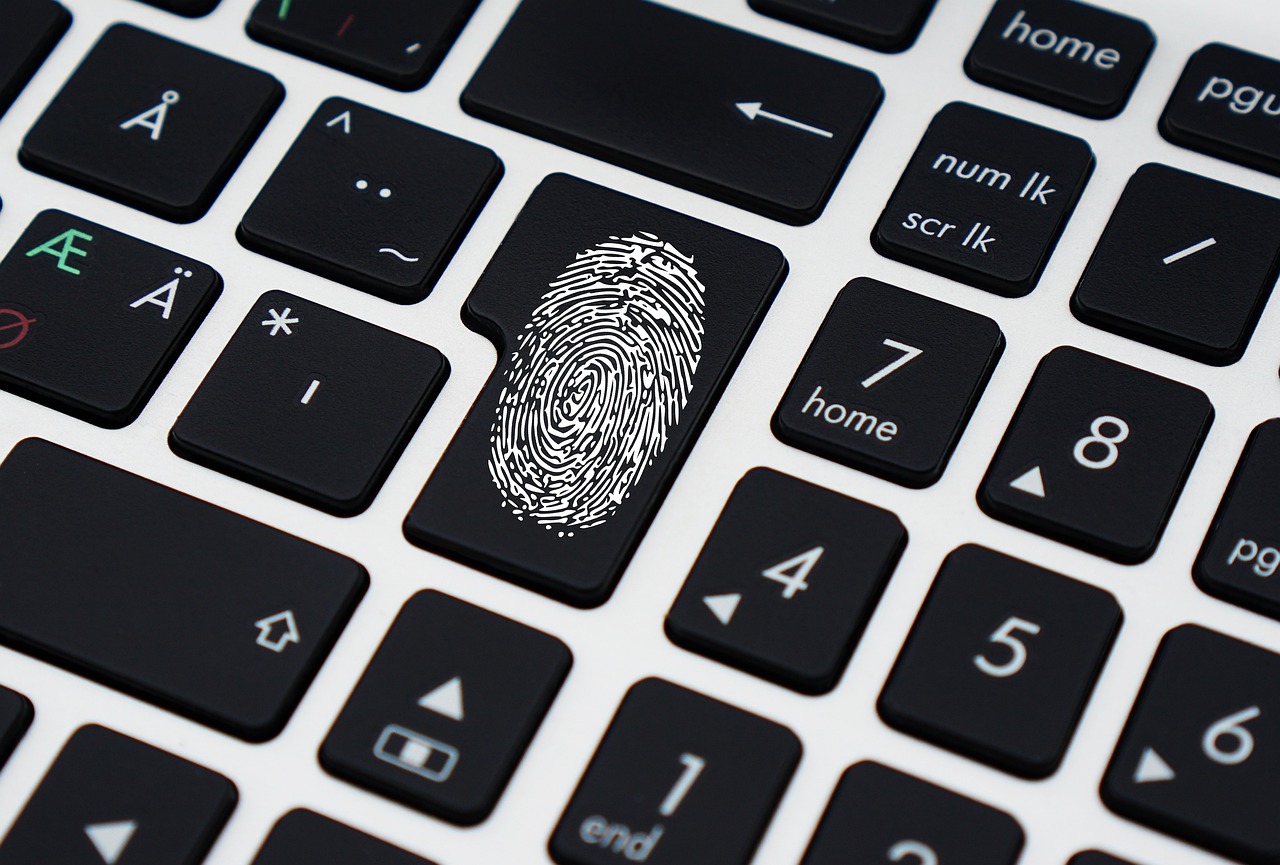
Maintenance Tips
When it comes to ensuring that your smart locks function correctly, regular maintenance is key. Just like a car needs oil changes and tire rotations to run smoothly, your locking systems require a bit of TLC to keep them secure and operational. Here are some essential maintenance tips to help elderly individuals maintain their locking systems effectively:
First and foremost, it's crucial to check the batteries of your smart locks regularly. Most smart locks operate on batteries, and if they run low, you might find yourself locked out or unable to access your home. A good rule of thumb is to replace the batteries at least once a year or whenever you receive a low battery notification. Think of it like changing the batteries in your smoke detectors—it's a small task that can make a big difference in your safety.
Next, ensure that the lock mechanisms themselves are clean and free of debris. Dust, dirt, and even pet hair can accumulate inside the lock, causing it to malfunction. To clean your locks, use a soft cloth and a gentle cleaner to wipe down the exterior, and consider using compressed air to blow out any dust that may have settled inside the mechanism. This simple maintenance step can prevent issues before they arise, much like regularly cleaning your home to avoid larger messes.
Additionally, it's wise to test the functionality of your smart locks periodically. This means checking that the locking and unlocking features work smoothly, both through the app and manually. If you notice any resistance or if the lock doesn’t engage properly, it’s time to troubleshoot. You can refer to the manufacturer’s guidelines or seek assistance from a professional if needed. Regular testing is akin to checking your home’s smoke alarms—better safe than sorry!
Lastly, keep an eye on the software updates for your smart locks. Just like your smartphone or computer, smart locks often receive updates to improve functionality and security. Make it a habit to check for updates in the app associated with your lock. These updates can enhance security features and fix any bugs that may affect performance. Staying updated is like keeping your home insurance policy current; it’s a proactive approach to safeguarding your home.
By following these maintenance tips, elderly individuals can ensure that their smart locks remain reliable and effective for years to come. Remember, a little bit of care goes a long way in maintaining your home’s security!
- How often should I check my smart lock batteries? It's recommended to check and replace the batteries at least once a year or whenever you receive a low battery notification.
- Can I clean my smart lock with regular household cleaners? It's best to use a soft cloth and a gentle cleaner. Avoid harsh chemicals that could damage the lock.
- What should I do if my smart lock isn't working properly? Test the functionality and refer to the manufacturer's guidelines. If issues persist, consider contacting a professional for assistance.
- How do I know if my smart lock needs a software update? Regularly check the app associated with your lock for notifications or updates to ensure optimal performance and security.
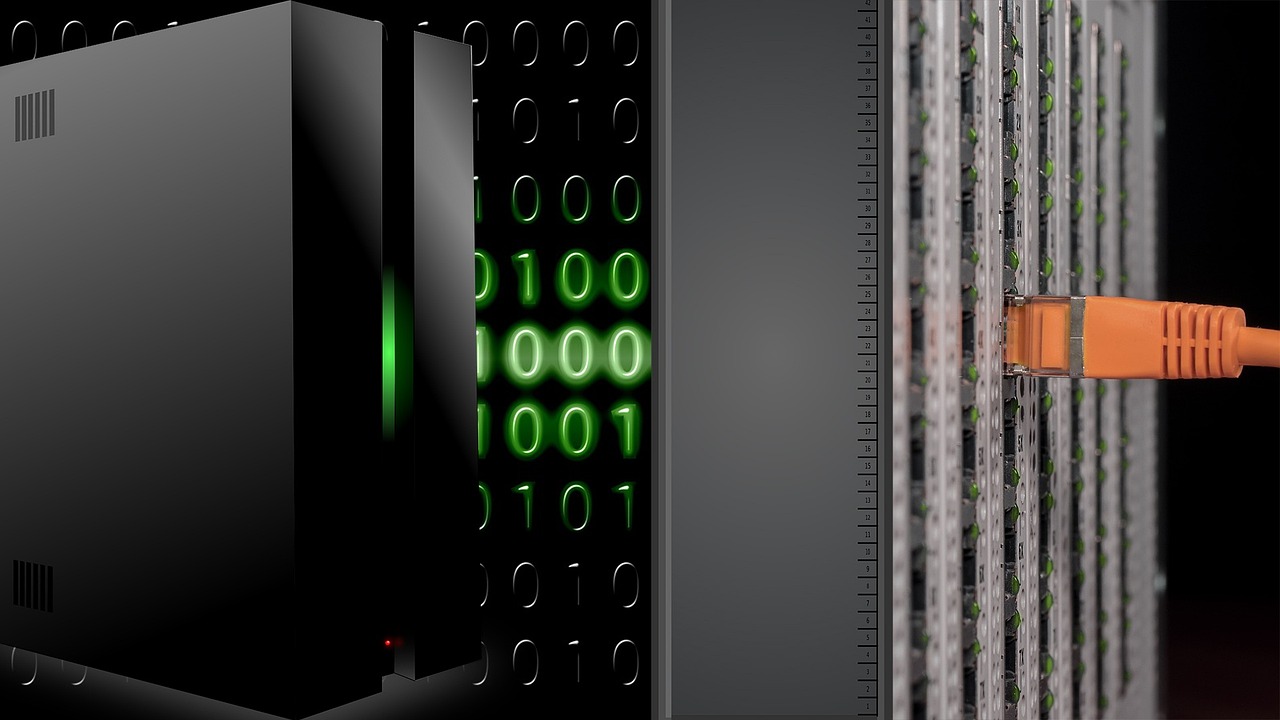
Traditional Locks
When it comes to securing a home, have stood the test of time. They may not have the high-tech flair of smart locks, but they offer a sense of reliability and simplicity that many elderly individuals appreciate. Think of them as the classic car of home security—while they might not have the latest gadgets, they’re trusted and functional. Traditional locks come in various forms, including deadbolts, knob locks, and padlocks, each serving a unique purpose. However, understanding their strengths and weaknesses is crucial for making an informed decision.
One of the most significant advantages of traditional locks is their affordability. Unlike smart locks, which can come with a hefty price tag due to their advanced technology, traditional locks are generally budget-friendly. This makes them an accessible option for seniors on a fixed income. Additionally, they require no batteries or electricity, eliminating the worry of a malfunction due to power failure or dead batteries. Imagine the peace of mind that comes from knowing your lock will work, come rain or shine!
However, traditional locks do have their drawbacks. They can be more susceptible to lock picking and bumping, which are techniques that intruders may use to gain unauthorized access. It’s essential for elderly homeowners to consider the level of security they need based on their living situation. For instance, if they reside in a neighborhood with a higher crime rate, investing in a more secure locking mechanism, such as a deadbolt, might be wise. Deadbolts are known for their strength and resistance to forced entry, making them a popular choice among homeowners.
To help you understand the differences better, here’s a simple comparison table:
| Type of Lock | Advantages | Disadvantages |
|---|---|---|
| Knob Locks | Easy to install, inexpensive | Less secure, easily picked |
| Deadbolts | High security, resistant to forced entry | Requires installation, can be more expensive |
| Padlocks | Portable, versatile | Can be cut or picked, not suitable for doors |
For elderly individuals who prefer traditional locks, it’s also essential to consider installation and maintenance. Ensuring that locks are properly installed is key to their effectiveness. If a lock is installed incorrectly, it may not function as intended, leaving the home vulnerable. Regular maintenance, such as lubricating the locks and checking for wear and tear, can extend the life of these locking systems. It's like giving your locks a little TLC to keep them in top shape!
In summary, while traditional locks may not boast the latest technology, they offer a reliable option for home security, especially for elderly individuals. By understanding the different types of locks available and their respective advantages and disadvantages, seniors can make informed decisions that enhance their home safety. After all, feeling secure in one’s home is a fundamental aspect of enjoying peace of mind.
- Are traditional locks safe for elderly individuals? Yes, traditional locks can be safe, especially when installed and maintained correctly. Deadbolts offer a higher level of security compared to standard knob locks.
- How often should I maintain my locks? It's advisable to check and maintain your locks at least once a year. Regular lubrication and inspections can prevent issues.
- Can I install traditional locks myself? Many homeowners can install basic locks themselves, but for more complex systems like deadbolts, hiring a professional may be beneficial.
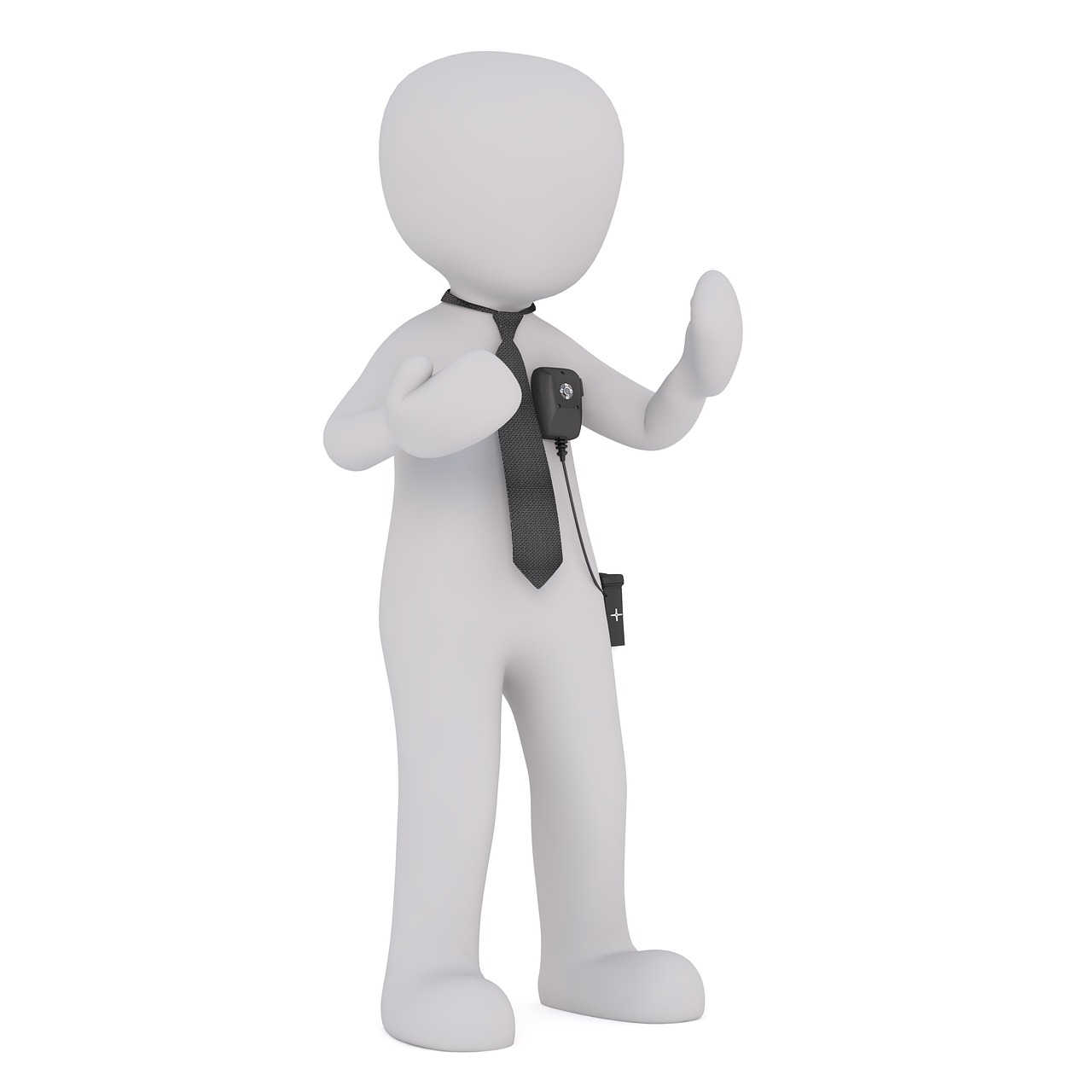
Security Alarm Systems
When it comes to enhancing home security, alarm systems play a pivotal role, especially for the elderly. These systems not only act as a deterrent against potential intruders but also provide peace of mind by ensuring that help is just a button away. Imagine a world where you can sleep soundly at night, knowing that your home is equipped with the latest in security technology. Isn't that a comforting thought? In this section, we will delve into the different types of alarm systems available and how they cater specifically to the needs of seniors.
One of the most significant advantages of modern alarm systems is their ability to integrate with smart home technology. This means that seniors can control their security systems from their smartphones or tablets, making it easier to monitor their homes even when they are away. But with so many options available, how do you choose the right one? Let's break it down.
There are two primary categories of alarm systems: self-monitored systems and professionally monitored systems. Self-monitored systems allow homeowners to receive alerts directly on their devices, giving them the flexibility to respond as they see fit. On the other hand, professionally monitored systems connect to a monitoring center that can dispatch emergency services if needed. This can be particularly beneficial for seniors who may not be able to react quickly in a crisis.
| Type of Alarm System | Pros | Cons |
|---|---|---|
| Self-Monitored |
|
|
| Professionally Monitored |
|
|
Now, let’s talk about the emergency response features. Many alarm systems come equipped with a panic button, which can be a literal lifesaver in urgent situations. With just a press of a button, help can be summoned instantly. This feature is particularly important for elderly individuals who may experience health issues or accidents at home.
In addition to panic buttons, some systems offer fall detection sensors that automatically alert emergency services if a fall is detected. This technology provides an extra layer of security, allowing seniors to maintain their independence while ensuring they are protected in case of an accident. It’s like having a guardian angel watching over you, ready to spring into action when needed.
When selecting an alarm system, consider the following factors:
- Ease of use: The system should be user-friendly, with clear instructions and easy-to-navigate interfaces.
- Installation: Look for systems that offer professional installation or are easy enough for seniors to set up themselves.
- Customer support: Reliable customer service is essential for troubleshooting any issues that may arise.
Ultimately, investing in a good alarm system is about more than just protecting your belongings; it’s about ensuring a sense of security and well-being. With the right system in place, elderly individuals can enjoy their homes without the constant worry of potential threats. After all, home should be a sanctuary, not a source of stress.
Q: What is the best type of alarm system for elderly individuals?
A: The best type often depends on individual needs, but professionally monitored systems are generally recommended for their quick response capabilities.
Q: Are smart alarm systems safe?
A: Yes, smart alarm systems are designed with security in mind, but it's essential to keep software updated and use strong passwords to prevent unauthorized access.
Q: How much do alarm systems typically cost?
A: Costs can vary widely based on features and monitoring options, but many basic systems start around $30 per month.
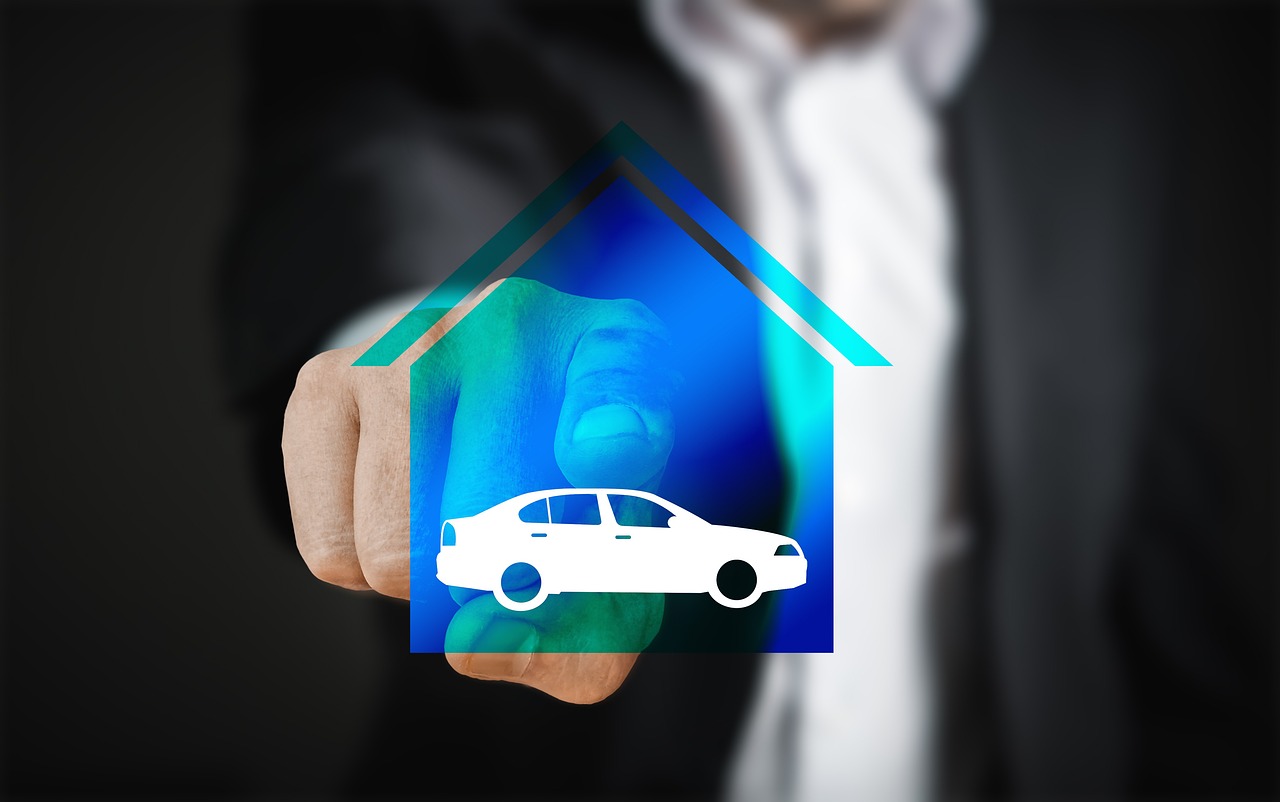
Monitoring Options
When it comes to home security, especially for our beloved elderly, choosing the right monitoring option can feel a bit overwhelming. But don’t worry! Understanding the different types can make this decision much easier. Essentially, there are two main categories of monitoring: self-monitored systems and professionally monitored systems. Each has its own set of advantages and can cater to varying levels of comfort and technology use among seniors.
Let’s dive in! Self-monitored systems are great for those who prefer a hands-on approach. With these systems, seniors can receive alerts directly to their smartphones or tablets. Imagine being able to check your home security from the comfort of your favorite chair! This option allows for immediate action, as the homeowner can respond to alerts as they see fit. However, it does require a bit of tech-savviness and the willingness to stay alert to notifications. For example, if the door opens unexpectedly, the homeowner gets a notification and can decide whether to call for help or check the situation themselves.
On the flip side, we have professionally monitored systems. These are like having a personal security team on call 24/7. When an alarm goes off, trained professionals spring into action, assessing the situation and contacting emergency services if necessary. This option provides peace of mind, especially for those who may not feel comfortable managing security alerts on their own. Many elderly individuals find this approach reassuring, knowing that help is just a call away. However, it often comes with a monthly fee, which is something to consider.
To help clarify the differences, let’s take a look at a quick comparison:
| Feature | Self-Monitored Systems | Professionally Monitored Systems |
|---|---|---|
| Cost | Lower initial cost, no monthly fees | Higher initial cost, ongoing monthly fees |
| Response Time | Immediate, but depends on homeowner | Immediate response from professionals |
| Ease of Use | Requires some tech knowledge | User-friendly, no tech knowledge needed |
| Peace of Mind | Depends on homeowner's vigilance | High, knowing help is always available |
In conclusion, the best monitoring option for elderly individuals really depends on their personal preferences and comfort levels with technology. It's crucial for seniors to feel empowered in their choice, ensuring they can enjoy their independence while feeling safe and secure in their homes. Whether they choose to monitor their own systems or rely on professionals, the key is finding a solution that fits their lifestyle and gives them the confidence they need to live comfortably.
Q1: What is the best monitoring option for seniors?
A1: It really depends on individual preferences. Some seniors may prefer the immediacy of self-monitoring, while others might appreciate the peace of mind that comes with professional monitoring.
Q2: Are self-monitored systems difficult to set up?
A2: Most self-monitored systems are designed to be user-friendly, but some technical know-how may be required. It’s always a good idea to ask for help during setup if needed.
Q3: How much do professionally monitored systems cost?
A3: Costs can vary widely based on the provider and the services offered, but expect to pay an initial setup fee and a monthly monitoring fee.
Q4: Can I switch from a self-monitored system to a professionally monitored one?
A4: Absolutely! Many systems allow for easy upgrades or changes in monitoring options as your needs evolve.
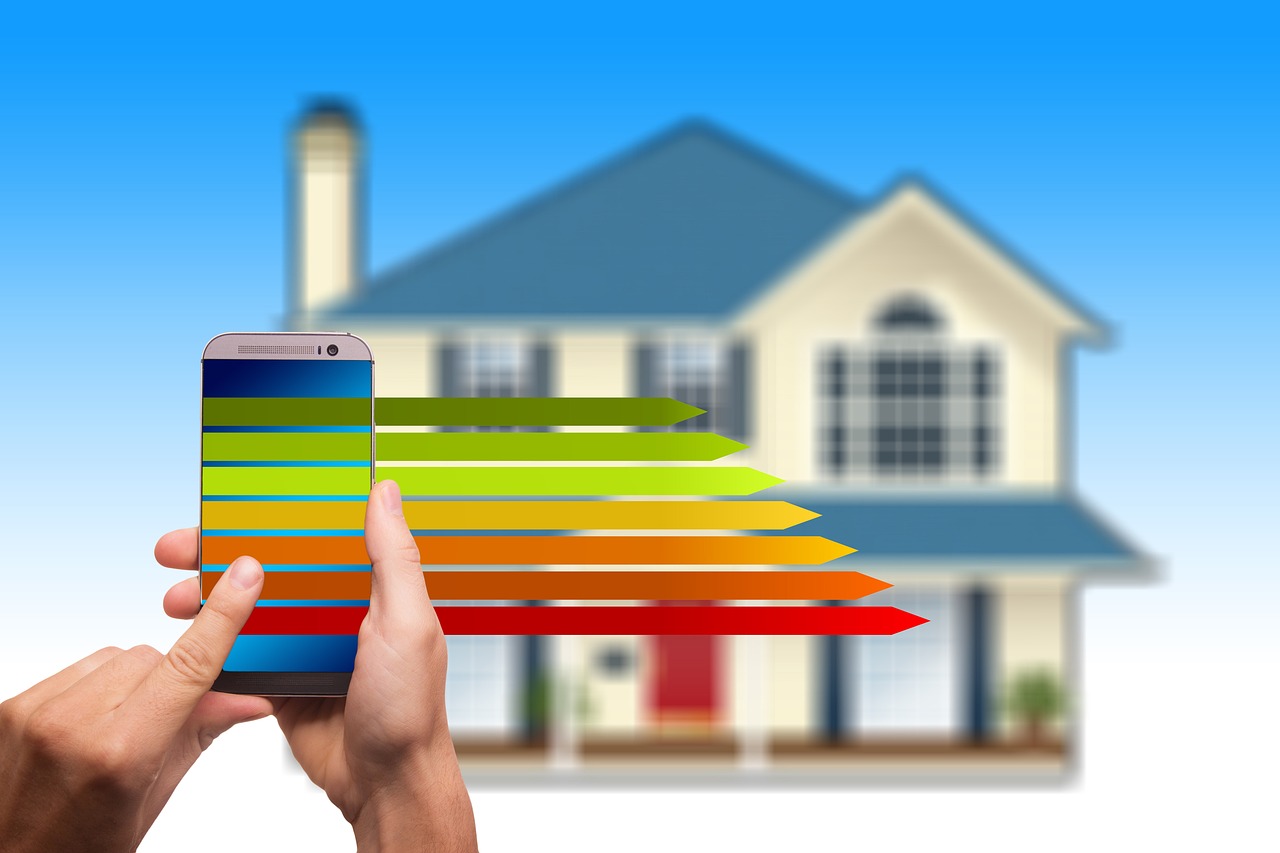
Emergency Response Features
When it comes to home security for the elderly, are not just an added bonus; they are a vital component that can make a significant difference in ensuring safety and peace of mind. Imagine a scenario where an elderly person experiences a fall or sudden health issue. The seconds count, and having a reliable emergency response system in place can mean the difference between a minor incident and a serious situation. These features are designed to provide quick assistance when it’s needed the most, and understanding how they work can empower seniors and their families to feel more secure.
At the heart of these systems are devices that can be activated in case of an emergency. Many modern alarm systems offer panic buttons or wearable devices that allow seniors to alert emergency services with just the push of a button. These devices can be worn as necklaces or bracelets, making them easily accessible at all times. Additionally, some systems come equipped with automatic fall detection technology, which can trigger an alert even if the individual is unable to call for help themselves. This feature is particularly beneficial for seniors who may live alone or may not always have someone nearby to assist them.
Another critical aspect of emergency response features is the integration with mobile devices. Many systems now offer smartphone apps that allow family members to monitor their loved ones’ safety remotely. This means that if an alarm is triggered, family members can receive instant notifications, providing them with peace of mind. Some systems even allow for two-way communication, enabling seniors to speak directly with emergency responders or family members without needing to reach for a phone. This can be a game-changer, especially for those who may struggle with mobility or dexterity issues.
Moreover, it’s essential to consider the response time of the emergency services. While having an alarm system is crucial, knowing how quickly help can arrive is equally important. Many systems provide information on their average response times, which can help families make informed decisions about which system best suits their needs. When choosing a system, it’s advisable to look for one that partners with local emergency services to ensure the fastest response possible.
In terms of installation, it’s crucial to ensure that the emergency response features are set up correctly. This may involve professional installation, especially for systems that integrate with home security alarms or smart home technology. A well-installed system will not only function better but will also provide greater reliability in critical situations. Regular testing of these systems is also recommended to ensure they are operational when needed.
Ultimately, the goal of emergency response features is to provide a safety net for elderly individuals, allowing them to maintain their independence while knowing that help is just a button press away. As you consider options for enhancing home security, be sure to prioritize systems that offer comprehensive emergency response features tailored to the specific needs of seniors.
- What types of emergency response features should I look for? Look for systems that include panic buttons, fall detection, and mobile alerts for family members.
- Are emergency response systems easy to use for seniors? Yes, many systems are designed with user-friendliness in mind, featuring simple interfaces and wearable devices.
- How do I ensure that the emergency response system is functioning correctly? Regular testing and maintenance, along with professional installation, are key to ensuring reliability.
- Can family members monitor the system remotely? Yes, many modern systems offer smartphone apps that allow family members to receive alerts and monitor their loved ones' safety.
Frequently Asked Questions
-
What are some common vulnerabilities in elderly homes?
Common vulnerabilities include inadequate lighting, unsecured doors and windows, and lack of security systems. It's essential to assess these areas regularly to ensure they are properly secured and to enhance overall safety.
-
How do I choose the best locking system for an elderly individual?
When selecting a locking system, consider ease of use, reliability, and security features. Smart locks are a great option for those who may forget keys, while traditional locks can offer familiarity and simplicity.
-
What are the benefits of smart locks for seniors?
Smart locks provide convenience with keyless entry, remote access, and notifications. They can be particularly helpful for seniors who may struggle with physical keys or need to grant access to caregivers without being present.
-
How important is the installation of smart locks?
Proper installation of smart locks is crucial for their functionality. It's best to hire a professional to ensure they are installed correctly, providing the intended level of security and ease of use.
-
What maintenance do smart locks require?
Regular maintenance includes checking batteries, updating software, and ensuring that the locking mechanism operates smoothly. This helps prevent any issues and keeps the system secure and reliable.
-
Are traditional locks still effective for home security?
Yes, traditional locks can still be very effective. They are often more familiar to seniors and can provide a reliable level of security when properly installed and maintained.
-
What types of security alarm systems are suitable for the elderly?
Alarm systems that are easy to use, have clear alerts, and offer emergency response features are ideal for elderly individuals. Options include self-monitored systems and professionally monitored alarms, depending on personal preferences and needs.
-
What monitoring options should seniors consider for alarm systems?
Seniors should consider their lifestyle when choosing monitoring options. Self-monitoring may be suitable for those who are tech-savvy, while professionally monitored systems provide peace of mind with 24/7 assistance.
-
How do emergency response features work in security systems?
Emergency response features allow users to quickly alert authorities or emergency contacts in case of a crisis. These systems often include panic buttons or automatic alerts triggered by certain events, ensuring prompt assistance when needed.



















